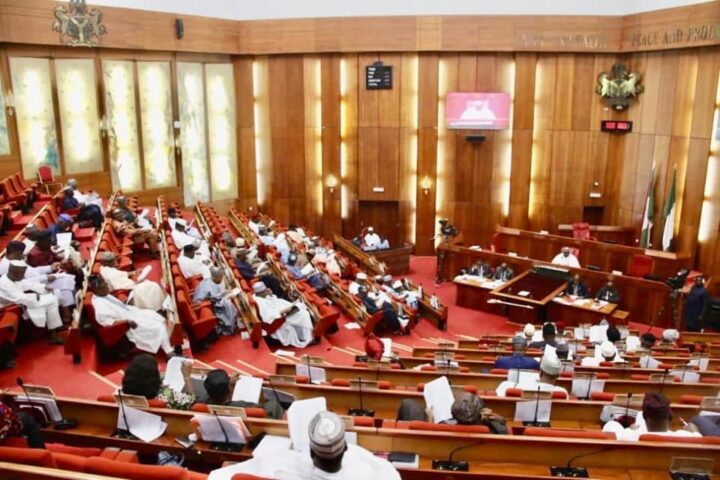Abayomi Mumuni, a Nigerian security expert, has been invited to the state of the nation address by President Cyril Ramaphosa of South Africa.
The event which will be chaired B Mbete, speaker of the South African parliament, will hold on Thursday, February 7, 2019.
In his reaction, Mumuni said he believes “this unique honour” the South African government extended to him is also an honour for Nigeria.
The former gubernatorial candidate in Lagos state urged Nigerian politicians to spread their tentacles and seek relevance within and beyond the confines of government circles, and even abroad.
Advertisement
“Despite being a chieftain in the ruling party back home in my country, Nigeria, I remained highly focused, which actually helped me desist from masquerading about soliciting for political office,” he said.
“However, most politicians fail to understand that belonging to the ruling party does guarantee a position in the King’s Court, as there can only be one king at a time.”
Mumuni added that one of the reasons he was invited “is his illustrious contributions to the intellectual discourse on global and regional security, an area in which he has authored two globally acclaimed books, with three more in the pipeline”.
Advertisement
“You should note that I was initiated into the highest Security Institute in Europe as a Distinguished Member late last year, after undergoing rigorous examinations for twelve months,” he said.
“In addition, I have published extensively in the area of global and regional security, including two books; ‘Demand by Terror’ and ‘Global Terrorism and its Effects on Humanity.”
Mumuni’s invitation is coming on the background of grave security challenges facing South Africa, including xenophobic attacks by black South Africans against fellow African migrants, including Nigerians, and intra-Nigerian immigrant community attacks.
Very importantly, South Africa is also on the verge of enacting legislation that may help re-appropriate lucrative agricultural land and landed property from white South Africans to the black natives, who had been dispossessed of such property as a result of the now-defunct apartheid policy.
Advertisement
Add a comment






